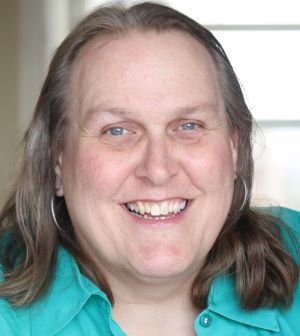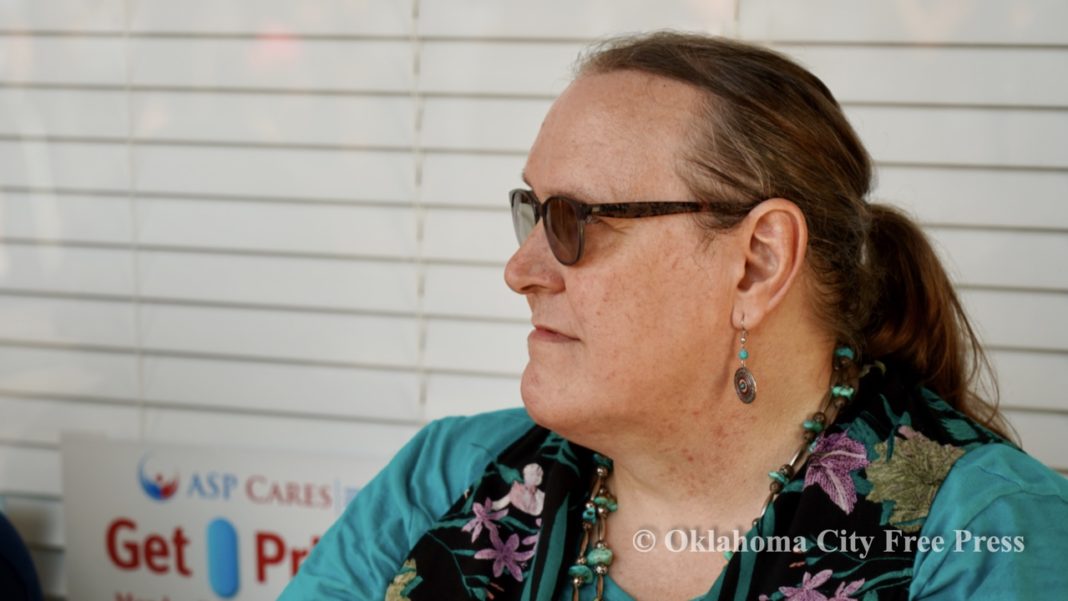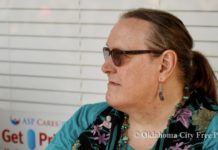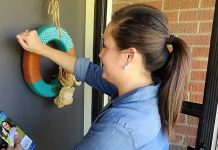Last Updated on January 5, 2024, 12:56 AM | Published: October 29, 2021
Paula Sophia Schonauer, LCSW, continues a serial memoir. If you haven’t read the earlier parts of this series, follow the links at the bottom of this page.
“People die when they see life at last without Illusions. For some, it takes many, many years; for others, much less. And so each of us commits suicide: when we will our own deaths: That is the only Death.”
― John Rechy, “City Of Night“
Sometime before Halloween, Dad stayed awake watching television in the kitchen, a movie about race car drivers. I had wanted to watch Hoolihan and Big Chuck after the 11:00 o’clock news. They offered a weekly creature feature and their slew of skits: The 6 Cent Man, Dueling Accordions, and my favorite parody, Evel Knievelsky, the “certain ethnic” stunt man. However, Mom urged us to bed, her voice a little strained.
Dad said nothing, just sat there smoking a cigarette, a filterless Pall Mall, and drinking Maxwell House instant coffee. He had what Mom called a “cold sore” on the right side of his face at the crease where the lower and upper lips meet. He seemed to be brooding about something, and there was an air of danger in his silence.
At that point, the living room had a floor, but Dad was waiting until he could afford wall-to-wall carpeting to cover the patches of plywood that had replaced the polished planks of the old floor. Much of the plywood was still rough and full of splinters, not fit to walk upon without shoes, not fit to play upon prior to hours of sanding. At least the bridge between the dining room and staircase was gone, no more basement chasm alive with shadows, no more seething darkness and spidery tendrils twisting up to grab my feet and pull me down into oblivion.
We padded up the stairs, my brother and sister uncharacteristically quiet, Mom whispering at us, “You can brush your teeth in the morning. Just get to bed and go to sleep.”

When I lay down, I could hear the television all the way downstairs, volume turned to the highest setting because Dad was deaf in his right ear. I heard the rev of car engines in the movie, loud soundtrack music, and plenty of crash noises. It sounded exciting.
Mom was already snoring, and my siblings drifted off to sleep a short time later. I felt alone in the semi-dark, grateful for the nightlight in the hallway but still frightened of the shadows I occasionally still saw lurking beyond the bedroom door. Despite Dad’s tense mood earlier in the evening, he hadn’t launched into one of his tirades, nor had he started to break things as he was prone to do. I wondered if he might like company as I listened to the drone of the movie, now subdued compared to the noise minutes before.
I listened to Mom’s breathing. It was steady, so I got out of bed, snuck down the stairs, pausing every time the wood creaked, and I snuck through the living room in stocking feet, catching a splinter on the pad of flesh behind my left big toe. It hurt, but I wasn’t going to let it stop me.
Dad was still in the same kitchen chair, a chrome frame with a padded seat covered in shiny, red vinyl. The table had an edge of metal grooves on the sides and a red top festooned with what appeared to be boomerangs. A cigarette smoldered on his dinner plate, an oval brown dish reserved for Dad, big enough for a full steak and a stack of fries or a huge pile of spaghetti. Like a male lion, Dad ate first, and he ate the most.
I snuck up behind him, holding my breath and standing beyond the peripheral vision of his right eye. He didn’t seem to notice me. At that point, I could see the television screen, and I watched the movie, excited to see a racing scene, cars zooming around a figure-eight track, many of them crashing at the intersection. I got a little excited and jumped up and down.
Dad turned his head toward me, narrowed right eye, appraising me. I did not know if he was going to get mad or if he was glad to see me.
“What are you doing here?”
“I couldn’t sleep.”
Dad took a sip of coffee, grimaced at the taste, but he swallowed anyway. “Sit down. It’s almost over, though.”
I watched the movie, saw the final crash at the finish line. The handsome hero won the race, and the mean looking rival lost. Both walked away from the carnage, but the loser collapsed a short time later, holding the back of his neck. He died at the hospital, and everyone cried for him. The hero walked away. The end.
“Isn’t it about time you get back to bed?”
I nodded, not wanting to argue, but I noticed the cold sore. It was bloody, now. Dad had been picking at it. He was the only one who got cold sores in our family.
“Your cold sore is bleeding,” I said.
“Who told you it was a cold sore?”
“Mom.”
Dad almost smiled. “She would say that. You want to know the truth?”
I nodded, again.
“It’s herpes.”
“What’s…” I started to ask.
“It’s a disease you get from queers?”
Dad went on to tell me about the time he was in the Navy before I was born. When his ship, the USS Nitro, was docked in New York, he would take long walks while on liberty. On one such walk, he walked around an entire island, “Staten Island,” he said. “And it took me all night.”
He told me about walking around Manhattan, through Times Square, “where a bunch of queers hung out, hustling.” One of those guys approached Dad, offered to give him some kind of job. I didn’t understand. But it seemed like they spent the night together, even sleeping in the same bed.
“That’s how I got herpes and a case of the clap,” he said, bitterness in his voice. “From a queer.” He fingered his cold sore gently, staring into empty space.
“When I got back to port, the Navy asked me how I got the clap, and I told them the truth. I wanted them to track down that guy so he would get in trouble.”
Dad looked down, a sad look on his face. “They wouldn’t let me stay in the Navy after that.”
There was so much I did not understand that night, but I revisited that conversation many times, wondering if, in some way, Dad was like me, confused about things, about men and women, about sex.
I imagined him in New York City in the early 1960s, a sailor by himself, walking around looking for a friend, visiting bars and coffee shops, listening to folk singers in Greenwich Village. After all, he had once boasted about seeing Peter, Paul, and Mary “before they got famous” in a dingy basement bar somewhere in New York.
That young man was someone much like myself, I realized many years later, but somehow, Dad got twisted and mean, frustrated and angry.
I have mourned the loss of that young man many times over the years.
Previous posts
Here are previous segments:
- Manhood, from the inside out — Memoir and Mythology
- Part 2 — Cubby Hole
- Part 3 — Magic Carpet Cocoons
- Part 4 — Snips and Snails and Puppy-Dogs’ Tails
- Part 5 — Mirror
- Part 6 – Deep Water
- Part 7 – Limbo
- Part 8 – Dissociation
- Part 9 – Shame
- Part 10 – Judgement Day
- Part 11 – Inferno
- Part 12 – Haunted
- Part 13 – Did I say that?
- Part 14 – The end times
- Part 15 – Alone again (naturally)
- Part 16 – Welcome to Grey Town
- Part 17 — Stigma
- Part 18 — Turning the other cheek
- Part 19 — Malingering
- Part 20 — Rorschach
- Part 21 – Soft hands
- Part 22 — How real men talk
- Part 23 — Crash landing
- Part 24 — To make a fist
- Part 25 — To hurt another
- Part 26 — Showdown
- Part 27 — Savage aggression
- Part 28 – Heroic
- Part 29 — Fear of death
- Part 30 — To be an android
- Part 31 — Too old for toys
- Part 32 — Her eyes
Guest Columnist Paula Sophia is a licensed clinical social worker in Oklahoma City and a former Oklahoma City Police Officer.







